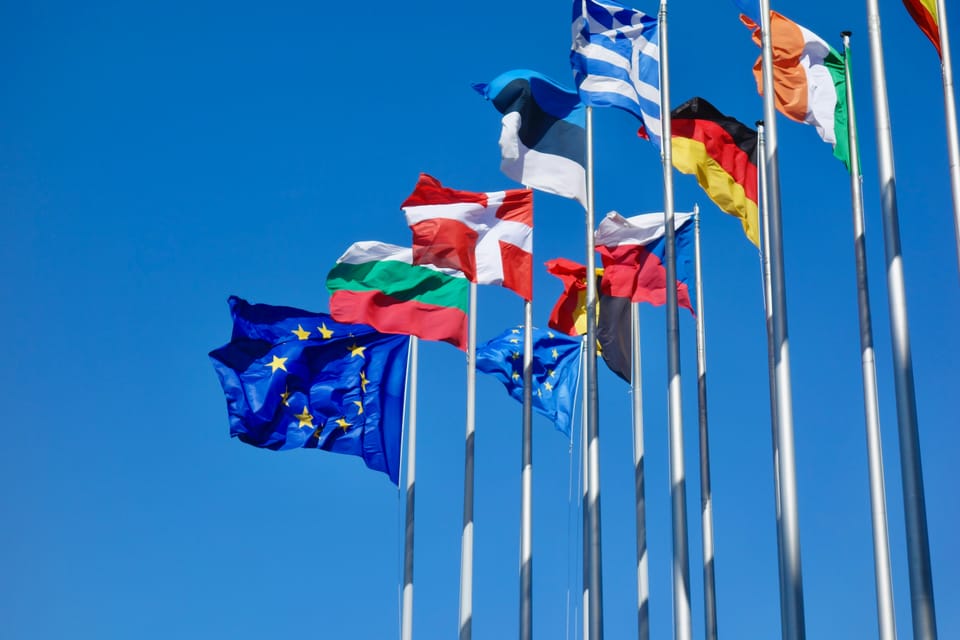‘Disastrous race to the bottom’: Reactions to EU Parliament adoption of sustainability Omnibus
“Rather than simplify EU corporate sustainability policies, they will create additional complexity and cost for investors and companies."

One day after the European Parliament voted to dilute sustainability rules for companies, defenders of the European Green Deal have shared their disappointment at what they see as a step backwards for Europe’s sustainability agenda.
After unexpectedly rejecting the European Commission’s Omnibus proposal last month, MEPs finally adopted it yesterday (November 13), with 382 votes in favour of the proposal, 249 against and 13 abstentions.







